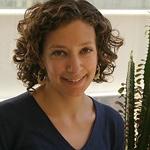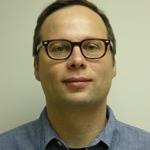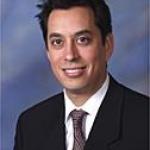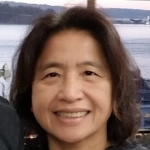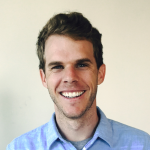All of the faculty associated with the BMS graduate program are listed below. Click on a faculty name to view a detailed description of an individual research program, contact information, recent publications and links to other relevant websites. Each of our faculty is associated with one or more of our eight thematic areas; click on the thematic area name listed by each of our faculty to read more about the research going on in that area, and to view a list of all faculty associated with that thematic area.

